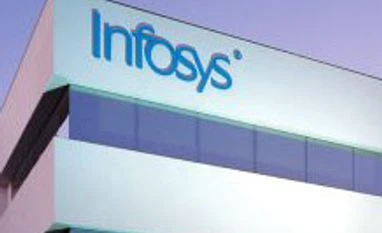The Bangalore-based company has started deriving benefits from sales and organisational changes under the leadership of co-founder N R Narayana Murthy in his second innings as Infosys' executive chairman. Srinivas, one of the leading internal candidates for the chief executive's job after S D Shibulal retires in January, expects these measures will lend Infosys a competitive edge.
"It is heartening to see these initiatives gain traction," he said. "Over the next two years, I expect these interventions to enhance our competitiveness and enable us to achieve industry-leading growth," he added.
More From This Section
Infosys had brought back Murthy in June 2013, after two years of disappointing growth.
Murthy's focus has been on costs, sales and delivery. Cost optimisation has started to reflect in the company's operating profit margins. Murthy has said the other measures would take between nine and 36 months to start yielding results.
Srinivas said these changes were meant to make the company more agile. Infosys has created smaller sales regions to increase focus on less developed markets and industry segments.
Infosys was also redesigning its supply chain and renewing its emphasis on winning large outsourcing deals, Srinivas said in his address to shareholders in the company's annual report for 2013-14.
He added sales teams were acquiring a consultative mindset and better decision-making systems and the company was attracting and retaining a high-performing sales force. Srinivas said infrastructure and cloud adoption remained key areas of spending by clients.
Digital transformation, which includes social, mobile, cloud and analytics, was an area of priority spending by industries such as financial services, manufacturing and retail, he added. Srinivas pointed out there was a rise in discretionary spending in the manufacturing sector, particularly in the automobile industry.
"While economic recovery continues to be fragile, businesses are beginning to feel optimistic," Srinivas said. "Some are initiating large transformation programmes, by consolidating enterprise resource planning, modernising infrastructure and creating alternative operating models with new partners."
)